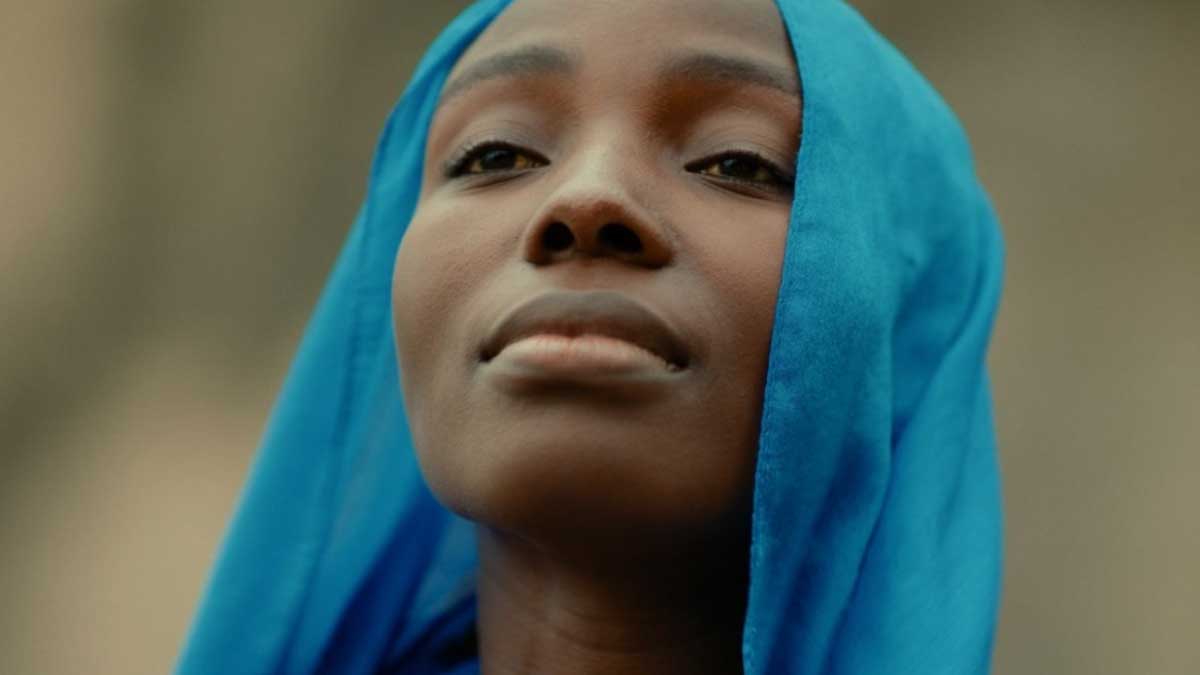- Home
- Billionaires
- Investing Newsletters
- 193CC 1000
- Article Layout 2
- Article Layout 3
- Article Layout 4
- Article Layout 5
- Article Layout 6
- Article Layout 7
- Article Layout 8
- Article Layout 9
- Article Layout 10
- Article Layout 11
- Article Layout 12
- Article Layout 13
- Article Layout 14
- Article Sidebar
- Post Format
- pages
- Archive Layouts
- Post Gallery
- Post Video Background
- Post Review
- Sponsored Post
- Leadership
- Business
- Money
- Small Business
- Innovation
- Shop
Recent Posts
Mothers of Chibok: Ten Years of Strength and Struggle

The documentary Mothers of Chibok, which premiered at the DOC NYC film festival, shines a powerful light on the lives of Nigerian women whose daughters were kidnapped by Boko Haram ten years ago. The film, directed by Joel ‘Kachi’ Benson, explores a community’s deep sorrow and resilience in the face of unimaginable loss, while focusing on the unyielding spirit of the mothers, sisters, and aunts who continue to battle for the return of their loved ones.
In 2014, 276 schoolgirls were abducted from a government-run boarding school in Chibok, located in northeastern Nigeria. The girls were targeted by the terrorist group Boko Haram for daring to pursue an education, and in the years following, many endured forced marriages, sexual violence, and indoctrination. While some of the girls managed to escape, many remain in captivity, and the issue continues to haunt the nation. As of today, 82 girls are still held, with over 1,400 more children having been abducted since that fateful day.
Benson’s film rejects the often-told narrative of these women as mere victims of tragedy. Instead, it emphasizes their strength and dignity. He aims to present them not as passive sufferers but as “warriors of hope.” This portrayal becomes evident through their daily lives, showing them as resourceful, skilled, and incredibly strong individuals. In one scene, a woman is seen negotiating land deals with a man, demonstrating her business acumen and determination. In another, women barter at the local market, fiercely advocating for their crops at fair prices. The film also shows a mother teaching a young child how to grow peanuts—an essential crop in the region. These scenes highlight the mothers’ resilience and their refusal to surrender to despair.
A central theme of the documentary is education, which plays a pivotal role in the lives of these women. The film showcases women, both young and old, dedicating themselves to teaching and providing their children with a better future. In one poignant moment, a grandmother helps her grandson with his homework, reminding him of the sacrifices she’s made for his education, even when she can’t afford luxuries like meat. The film also portrays women making payments to secure their children’s education, desperately seeking any opportunity to ensure their children’s futures, even though the scars of their own trauma remain deeply embedded.
Yet, the film also underscores a glaring absence—the men. In scenes where land is negotiated, or crops are sold, men are present, holding positions of authority. However, in the scenes of everyday life—working the fields, managing homes, and caring for children—men are conspicuously absent. When Benson is asked about their role, his response is blunt: “Not much. You saw them playing cards.” This absence points to the often-overlooked gender dynamics in Chibok, where the women bear the majority of the responsibility for their community’s survival and well-being.
The trauma faced by these mothers is profound and far-reaching. As someone experienced in addiction medicine, Benson recognizes the physical and emotional toll of such events. Trauma can disrupt the body and brain, leading to chronic stress responses that affect memory, decision-making, and mood. The women of Chibok, while not formally treated for these ailments, find strength in their community bonds. They come together to support each other, offering comfort and solidarity in the face of unimaginable hardship. Laughter, storytelling, and even dancing provide a sense of healing, while their unwavering faith in God sustains them through the darkest moments. One mother’s declaration—“There’s nothing God can’t do”—encapsulates the collective hope that binds them.
Despite the years of struggle, the women remain steadfast in their demand for justice. Benson’s film poignantly captures the anger and frustration they feel, especially when the Nigerian government’s response seems inadequate. When one mother learns that four girls have been rescued, only to later find that her daughter isn’t among them, the sense of abandonment is palpable. Another mother, frustrated by the lack of media attention, voices her belief that the government has achieved its own goals and left them behind. This sentiment reflects the deeper disillusionment that many in Chibok feel towards a government that has failed to act decisively.
Benson’s film also raises important questions about global accountability. The lack of international outcry for the Chibok girls, compared to the attention paid to other hostage crises, points to a troubling disparity. Is it a matter of indifference, or is there a deeper, systemic disregard for the lives of African girls? This resonates with a larger global issue—gender inequality and the devaluation of women’s lives, particularly in conflict zones. The United Nations has reported limited progress in addressing femicide and violence against women, and Mothers of Chibok serves as a reminder of the urgent need for cultural and systemic change to ensure women and girls are treated as equals.
Through Mothers of Chibok, Benson not only honors the women of Chibok but also calls the world to action. The film is a testament to their strength, resilience, and hope, but it also challenges the global community to reflect on the responsibility we all share in ensuring the safety and dignity of women everywhere. These mothers have waited for too long, and their story demands our attention—not just as a tragedy, but as a call to action for justice and reform. The film is a powerful tool for advocacy and a crucial reminder that the fight for the Chibok girls is far from over.
Recent Posts
Categories
- 193 Countries Consortium Partner1
- 193cc Digital Assets2
- 5G1
- Aerospace & Defense48
- AI37
- Arts3
- Banking & Insurance11
- Big Data3
- Billionaires965
- Boats & Planes1
- Business332
- Careers13
- Cars & Bikes79
- CEO Network1
- CFO Network17
- CHRO Network1
- CIO Network1
- Cloud10
- CMO Network18
- Commercial Real Estate7
- Consultant1
- Consumer Tech194
- CxO1
- Cybersecurity73
- Dining1
- Diversity, Equity & Inclusion4
- Education7
- Energy8
- Enterprise Tech29
- Events11
- Fintech1
- Food & Drink2
- Franchises1
- Freelance1
- Future Of Work2
- Games149
- GIG1
- Healthcare79
- Hollywood & Entertainment203
- Houses1
- Innovation46
- Investing2
- Investing Newsletters4
- Leadership65
- Lifestyle11
- Manufacturing1
- Markets20
- Media195
- Mobile phone1
- Money13
- Personal Finance2
- Policy569
- Real Estate1
- Research6
- Retail1
- Retirement1
- Small Business1
- SportsMoney42
- Style & Beauty1
- Success Income1
- Taxes2
- Travel10
- Uncategorized12
- Vices1
- Watches & Jewelry2
- world's billionaires934
- Worlds Richest Self-Made Women10
Related Articles
Navigating Uncertainty: Preparing for a Potential TikTok Ban
As 2024 draws to a close, creators and brands are preparing for...
By 193cc Agency CouncilDecember 31, 2024South Korea Plane Crash: A Tragic Loss and Global Mourning
The tragic plane crash at South Korea’s Muan International Airport on Sunday...
By 193cc Agency CouncilDecember 30, 2024H-1B Visa Debate Splits Trump Allies and Silicon Valley
The debate over H-1B visas has once again become a contentious issue,...
By 193cc Agency CouncilDecember 28, 2024Critically Acclaimed 2024 Films Struggle at the Box Office
The year 2024 proved to be a mixed bag for the film...
By 193cc Agency CouncilDecember 26, 2024









Leave a comment